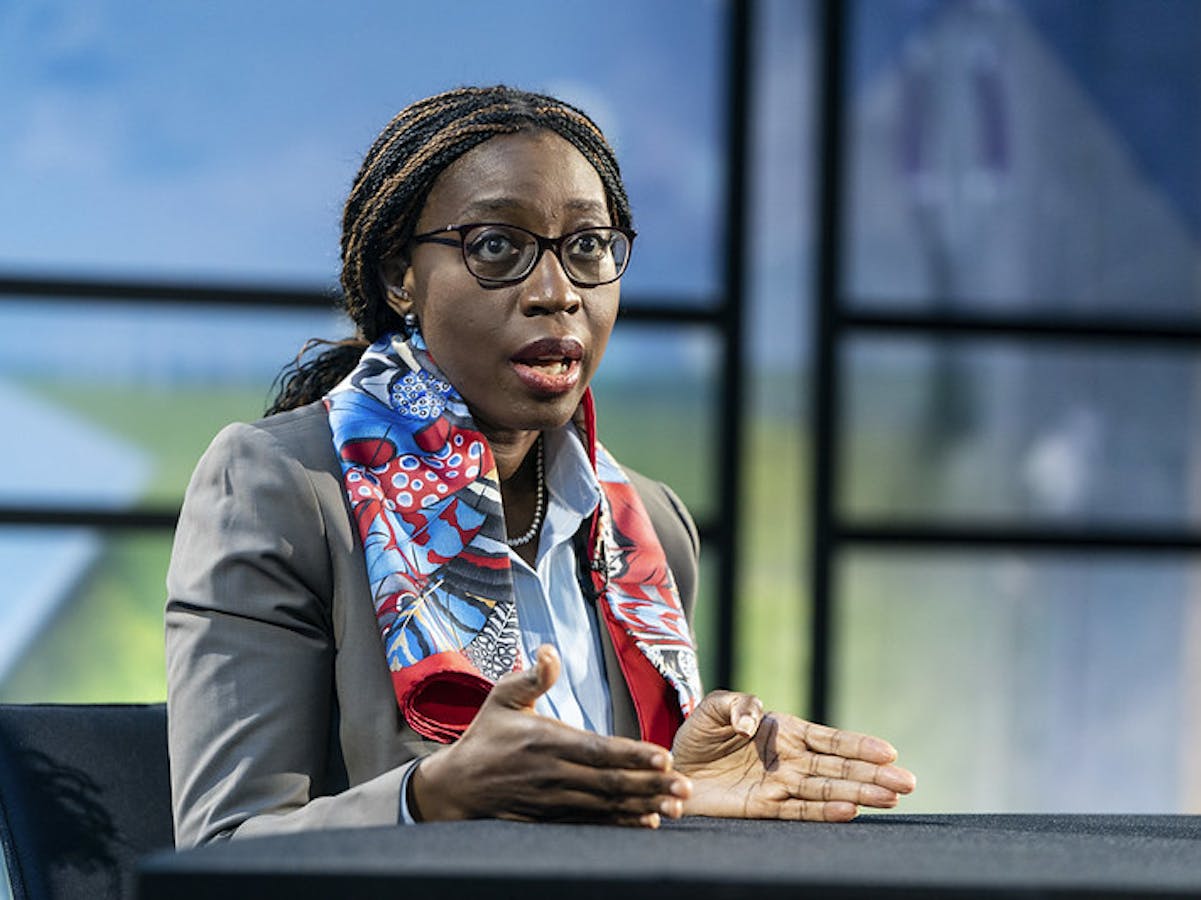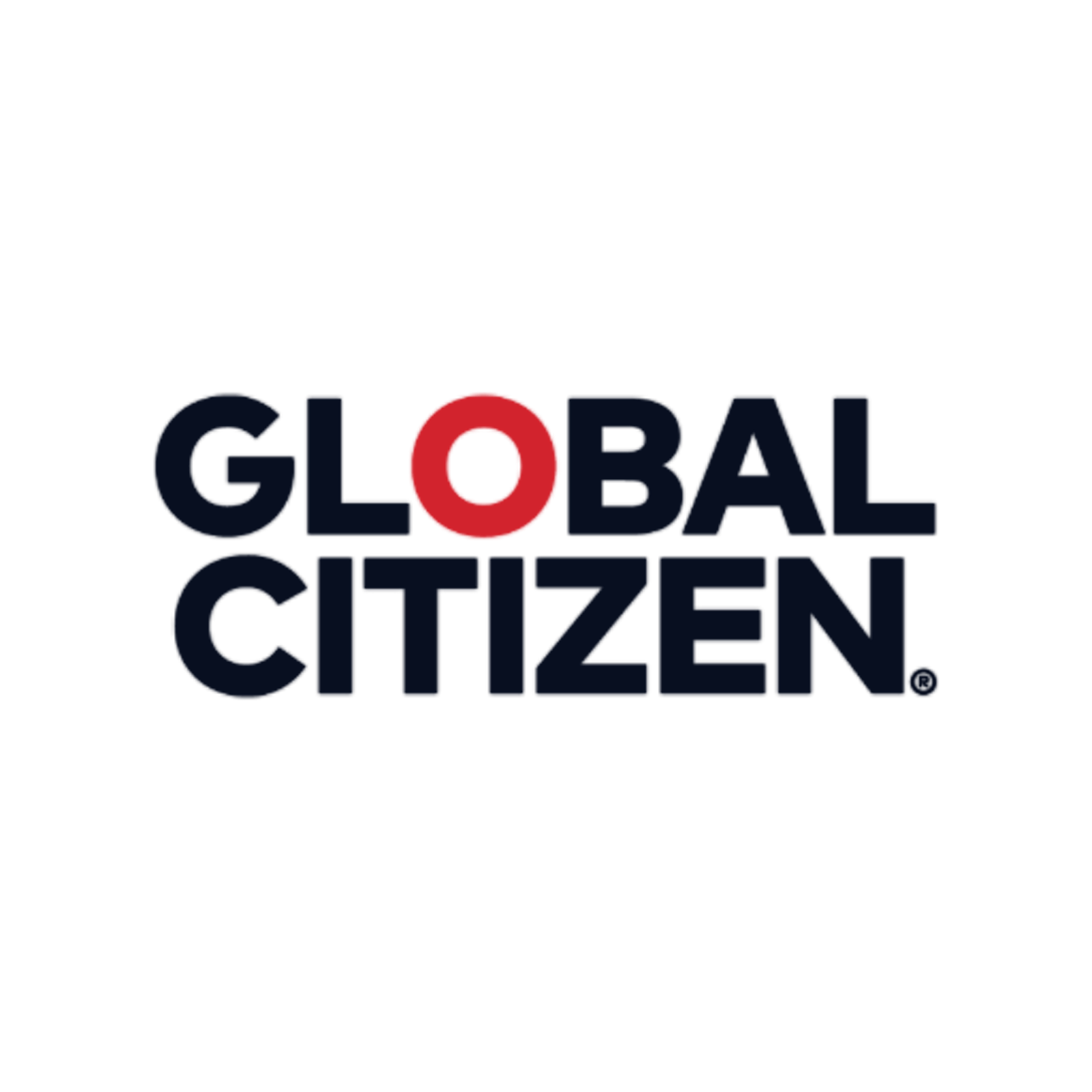Without assistance, an estimated 49 million Africans could be pushed into extreme poverty.
Following an annual meeting of the Economic Commission for Africa that took place in Ethiopia earlier this month, African finance ministers have strengthened the call for the issuing of Special Drawing Rights (SDR) to aid with responding to the pandemic.
In a communique released after their two-day meeting, the ministers called for a new allocation of the SDRs and reallocation of unused SDRs, as well as support for developing countries from international financial institutions in the form of additional resources.
Over the last year, there has been a strong global call for a new SDR allocation to be issued as a means to help the most vulnerable countries with their response to the COVID-19 pandemic. SDRs are essentially a reserve asset that can be traded between countries in exchange for liquidity, or cash — and you can read a lot more about them here.
The last time SDRs were issued was during the financial crisis that occurred between 2008 and 2009, where the International Monetary Fund (IMF) issued $283 billion in SDRs to help boost the global economy.
“We are conscious of the fact that new issuances of SDRs are infrequent and often contested events,” the ministers said in their communique. “To this end, we believe that it is imperative that we seize the moment by leveraging these resources to power catalytic investments in Africa’s recovery.”
“The SDRs must be transformative for Africa and help the continent to access the trillions of dollars needed for a green recovery. This is within reach,” they said.
In a paper by the Rockefeller Foundation, it is said that Africa would need an estimated $12 billion for COVID-19 vaccines in order to reach herd immunity.
Another paper by the IMF has indicated that low-income countries will need an estimated $200 billion to respond to COVID-19 between 2021 and 2025, and an additional $250 billion to accelerate convergence. The paper, published on March 30, also pointed out that achieving this needs more than one response, and that a multi-faceted approach is necessary.
Africa’s countries are some of the hardest hit by the impacts of the COVID-19 pandemic, and it is predicted that 49 million people on the continent will be pushed into extreme poverty as a result. Innovative solutions are needed in order to alleviate the economic strain that Africa’s poorer countries are experiencing, and this is where the issuing of SDRs could be incredibly beneficial.
When issued, the IMF distributes SDRs to all its member countries. Each country’s allocation of SDR is in proportion to their IMF share and their relative economic standing in the world economy. This means that richer countries receive more SDRs than poorer countries.
While the allocation of SDRs will be beneficial for all countries, poorer countries need them most to recover from the pandemic. As it stands, the way the reserve assets are designed to be allocated means that they will not be enough for the recovery of poor countries. Therefore there is not only a need for SDRs to be allocated, but also for wealthier countries to lend theirs to more vulnerable countries who will struggle to recover from the impacts of the pandemic.
Not only will the assets be used to alleviate the financial burden on developing countries, they could also be used to purchase vaccines for countries that cannot afford them — as the ministers pointed out, financing for vaccines on the continent has been disappointingly slow.
“Without rapid access to vaccines, the tidal wave of new coronavirus infections will overwhelm our fragile health systems, decimate limited human resources, and set back our recovery,” they said.
African finance ministers also shared their proposal for using SDRs at an April 7 event, hosted by the Center for Global Development, entitled 'How Africa is Tackling the Pandemic and Preparing for a Post-COVID World.'
Vera Songwe, Under-Secretary General and Executive Secretary of the United Nations Economic Commission for Africa (ECA), said it's asking for $30 billion in SDRs be put in a facility that would allow African governments to borrow at more affordable rates, thereby saving countries billions of dollars.
The call from Africa’s ministers comes as managing director of the IMF, Kristalina Georgieva, announced the potential allocation of $650 billion in SDRs to help fight the pandemic and its impacts in poorer countries. The IMF is set to present a formal plan to this effect in June this year.
In direct response to this, the African Union’s ambassador to the United States, Hilda Suka-Mafudze, said at a virtual event discussing the continent's pandemic recovery that the SDRs are needed specifically to purchase and manufacture vaccines, and also to boost the continent’s economies.
“Our call for SDRs also includes the call to allow Africa to locally produce vaccines so we can meet our 60% vaccination coverage goal,” she said. “Producing vaccines locally would make it possible and equitable for Africa to vaccinate sufficient people on the continent.”
She went on to thank Georgieva for the potential allocation of the SDRs and added: “I want to congratulate her for moving the conversation forward and we look forward to the June proposal.”
Rwanda’s President Paul Kagame also weighed in on the issuing of new SDRs at a United Nations’ virtual event on debt architecture, saying that they would “enhance liquidity” on the continent. He also highlighted a need for “an accountability system for which SDRs are used and how they are allocated.”
At the same event, Prime Minister of Namibia Saara Kuugongelwa-Amadhila also called for unused SDRs to be reallocated to those countries who need them most.
Informal discussions on the potential allocation of SDRs are ongoing and can be expected to result in a formal plan from the IMF by June.

